BJAN Conference : Experts Task Marketing Professionals, Others On Ethical AI , Human Mastery
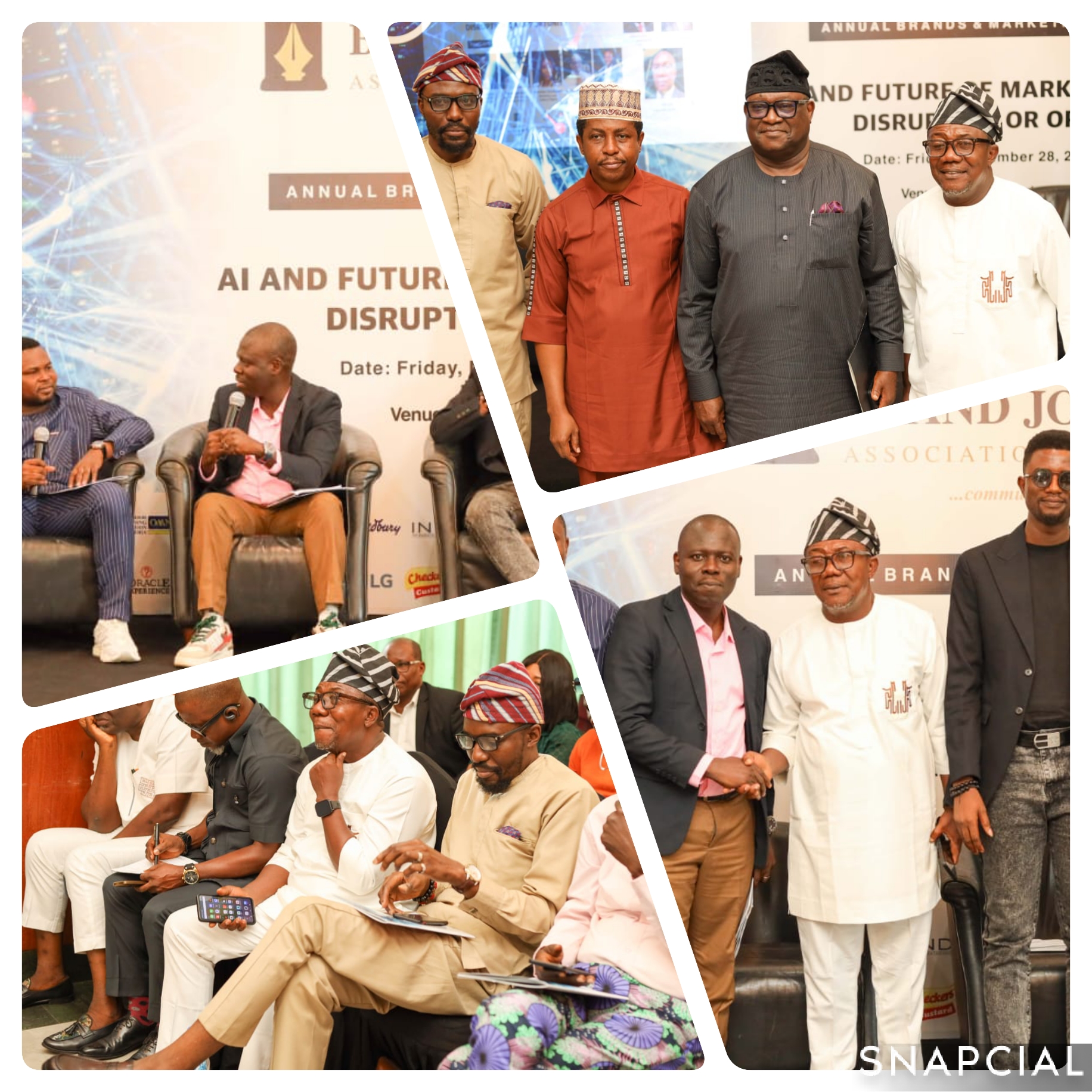
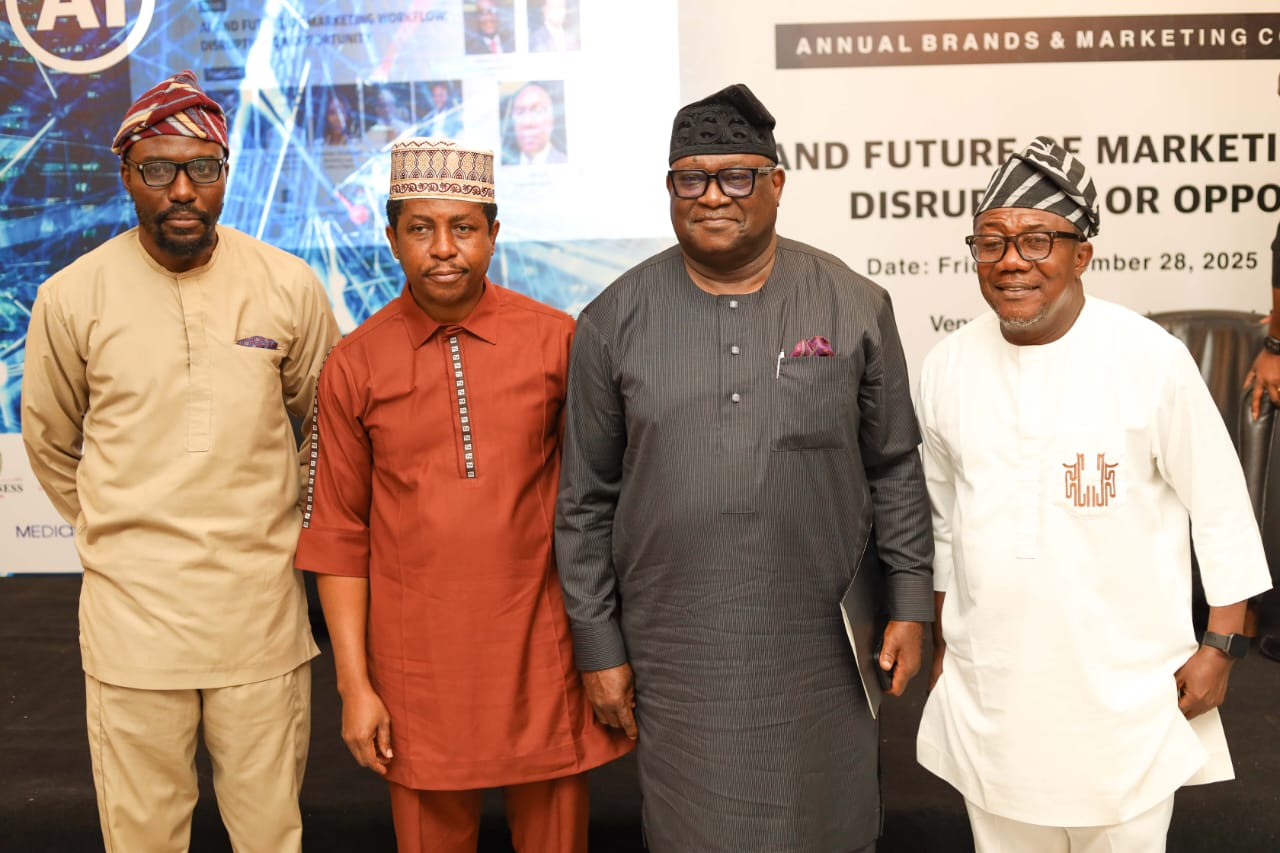



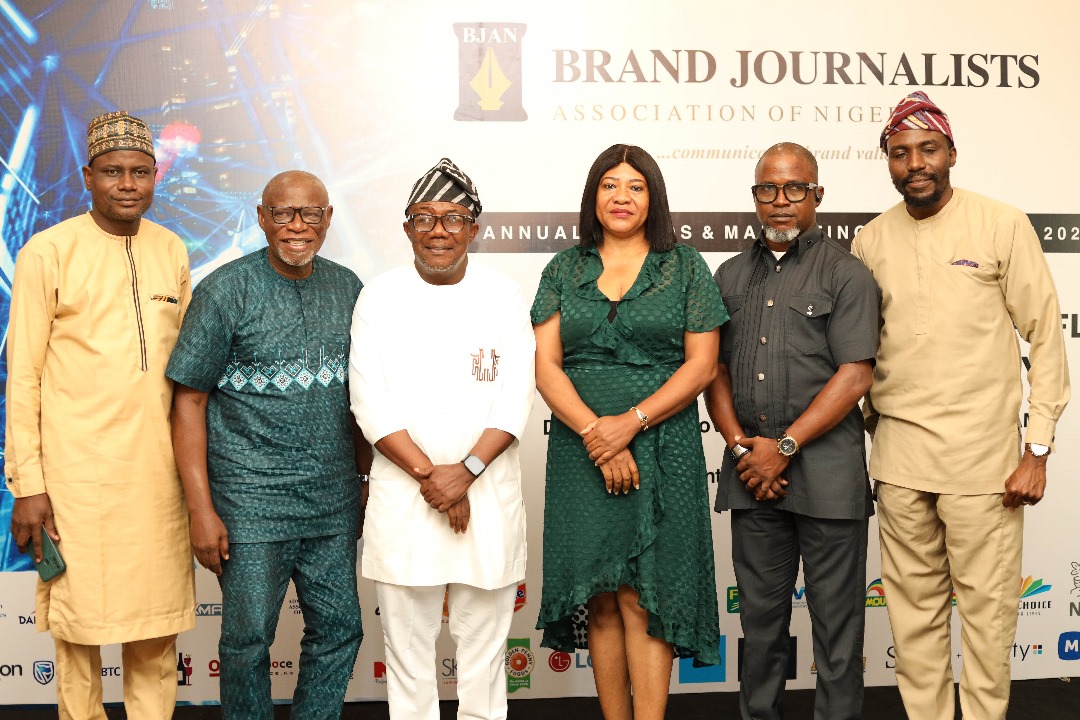
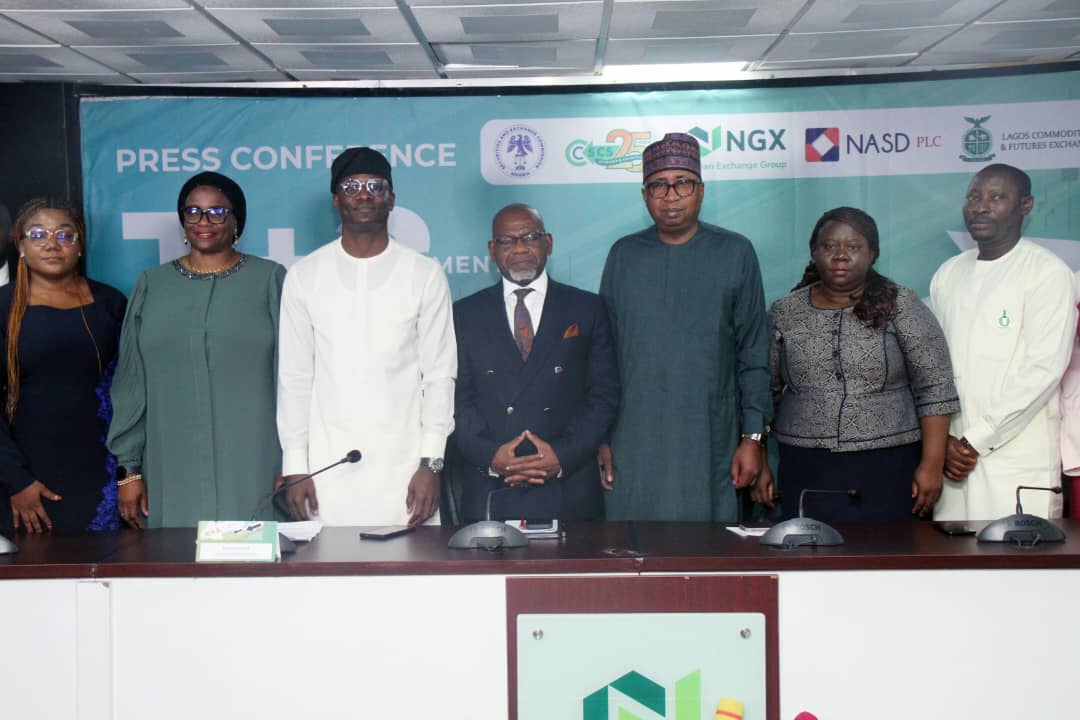

By Winifred Bosa

Leading brands in Nigeria such as Interswitch, Flour Mills of Nigeria, Sahara Group, Nigerian Breweries and Checkers Custard, among other top brands, have thrown their weight behind the 2025 National Brands and Marketing Conference slated for Friday, November 28, 2025 at Oriental Hotel, Lekki, Lagos.
Powered by Brand Journalists Association of Nigeria, BJAN, this year’s conference is the 13th edition and is themed: “AI and Future of Marketing Workflow: Disruption or Opportunity”.
The annual gathering, now regarded as one of the most influential knowledge-sharing platforms in the Nigerian integrated marketing communications (IMC) space, will bring together industry stakeholders from the IMC and allied sectors.
Confirmed to deliver the keynote addresses are Dr. Cherry Eromosele, Executive Vice President, Group Marketing & Corporate Communications, Interswitch Group and Bethel Obioma, Head, Corporate Communications, Sahara Group.
Their presentations will be dissected in a panel discussion to drive home the conversation.
The session will be moderated by Adedayo Odulaja, Director of Research and Public Policy at Caritas Communications and General Secretary of BJAN.
Members of the panel comprise tech experts and top marketing professionals including Dr. Seyi Akindeinde, Founder, Hyperspace Technologies and Austin Onyebuchi Akosa, Chief Information Officer, UBA.
Meanwhile, other top brands that have communicated their support for the conference include LG Electronics, UBA, ARCON, Stanbic IBTC, Dangote, Rite Foods, Mouka Foams as well as Guinness Nigeria.
Others are Hyperspace, Oracle, Union Bank, Coke, X3M Ideas, AAAN, Multichoice, OAAN, Modion Communications, IT Labs and SO&U.
 By Winifred Bosa
By Winifred Bosa
Leading voices from Nigeria’s media, government, and development community came together yesterday at the World Children’s Day Media Symposium in Lagos, urging stronger media advocacy for the rights and welfare of children.
Organized by UNICEF Nigeria, the Nigerian Guild of Editors (NGE), and the Diamond Awards for Media Excellence (DAME), the event held under the theme “Reinforcing the Role of Media in Mainstreaming Child Rights” brought together editors, journalists, UNICEF Champions, development partners, civil society, and private sector representatives to explore how storytelling, accountability journalism, and public dialogue can shape a better future for Nigeria’s children.
As was contained in a press release by UNICEF, the symposium followed the release of the “Nigerian Child 2025 Report”, which shows that two out of every three children in Nigeria live in multidimensional poverty, lacking access to education, healthcare, nutrition, and safety. The report also reveals that over half of all children experience some form of violence before age 18, and that one in three girls is married before reaching adulthood.
UNICEF Nigeria Representative, Ms. Wafaa Saeed, presented the key findings of the report and called on the media to be a driving force for change.
“The data tells us that millions of children are being left behind, but it also shows where progress is possible. The media can change how we see these children, from statistics to stories of strength and hope. Every time a journalist gives voice to a child, the nation takes a step forward,” she said.
The President of the Nigerian Guild of Editors, Mr. Eze Anaba, underscored the power of media in shaping perception and driving accountability.
“Editors decide what the nation pays attention to. We must ensure that the struggles and dreams of Nigeria’s children remain part of our everyday conversation. That is how societies grow more humane, more honest, and more hopeful,” he said.
In his remarks, Mr. Lanre Idowu, Chairman of DAME, reminded participants that powerful journalism can transform children’s lives.
“Good journalism does not just inform, it saves lives. When the press asks why a child is out of school or why a health centre is closed, it triggers solutions. Today is a call to all of us in the media to be the steady voice that speaks for those who cannot yet speak for themselves,” he said.
One of the major highlights of the event was the panel discussion moderated by Dr. Chinonso Egemba, popularly known as Aproko Doctor, on “Equipping the Nigerian Child for the Future: How Prepared Are We?”. The session brought together government officials, media leaders, and UNICEF representatives who stressed the urgency of turning policies into real impact for children in communities. They called for stronger collaboration with the media to challenge harmful practices, promote ethical reporting, and keep child welfare at the center of national priorities. The discussion also highlighted the need to equip young people with skills, mentorship, and opportunities that will prepare them for meaningful participation in Nigeria’s future economy.
The symposium concluded with a call to action for Nigerian media organizations to establish Child Rights Desks, build stronger partnerships with development agencies, and increase evidence-based reporting that highlights both challenges and solutions.
Key Asks from the Symposium
1. Elevate children’s stories beyond charity narratives to matters of public policy and accountability.
2. Strengthen collaboration between editors, government, and development partners on evidence-based reporting.
3. Promote children’s voices in media, ensuring they are seen as active participants in shaping the future.
4. Integrate child rights into journalism training and newsroom priorities nationwide.
The World Children’s Day Media Symposium 2025 reaffirmed that the path to a just and equitable Nigeria begins with putting every child, especially the most vulnerable, at the centre of public dialogue and national action.
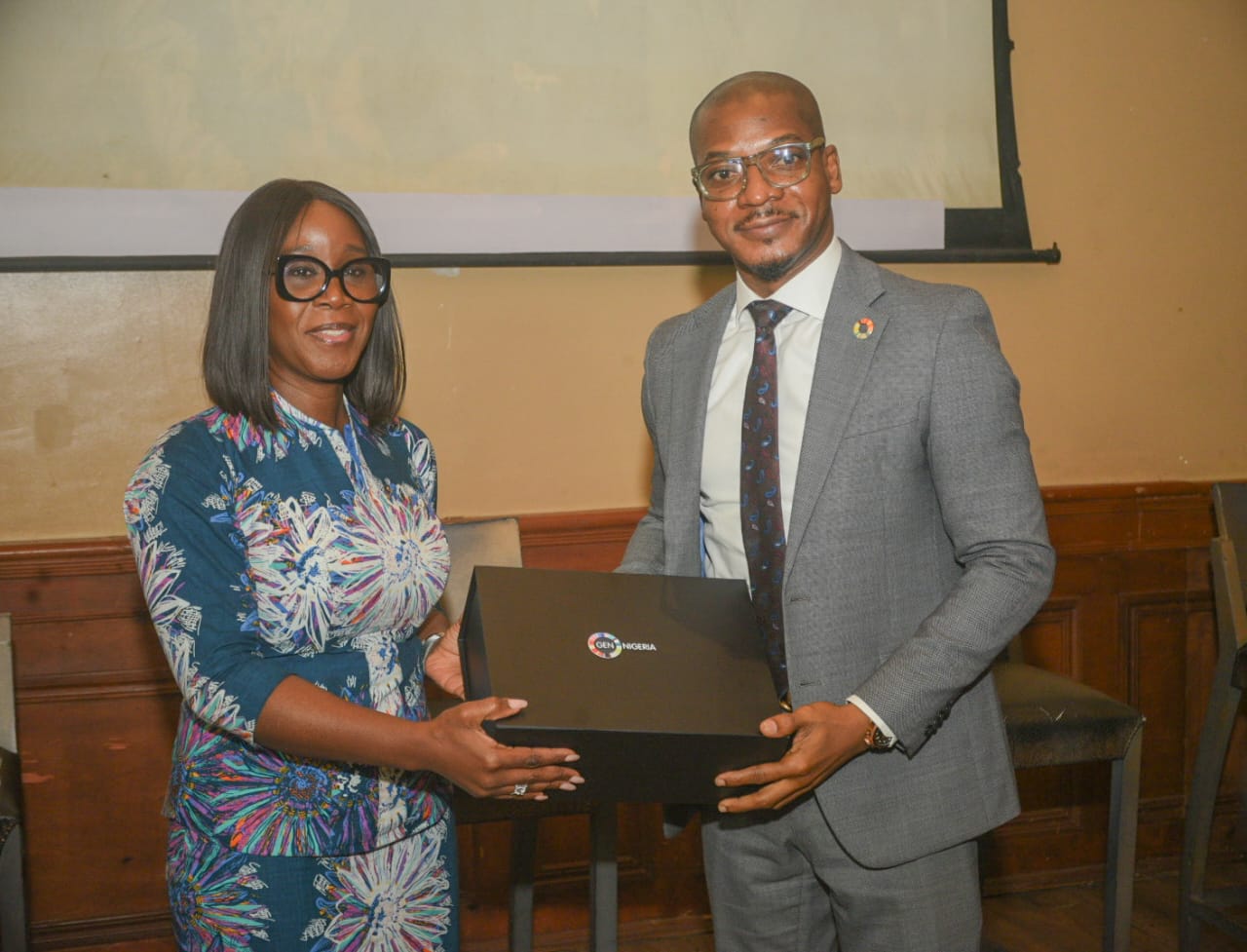
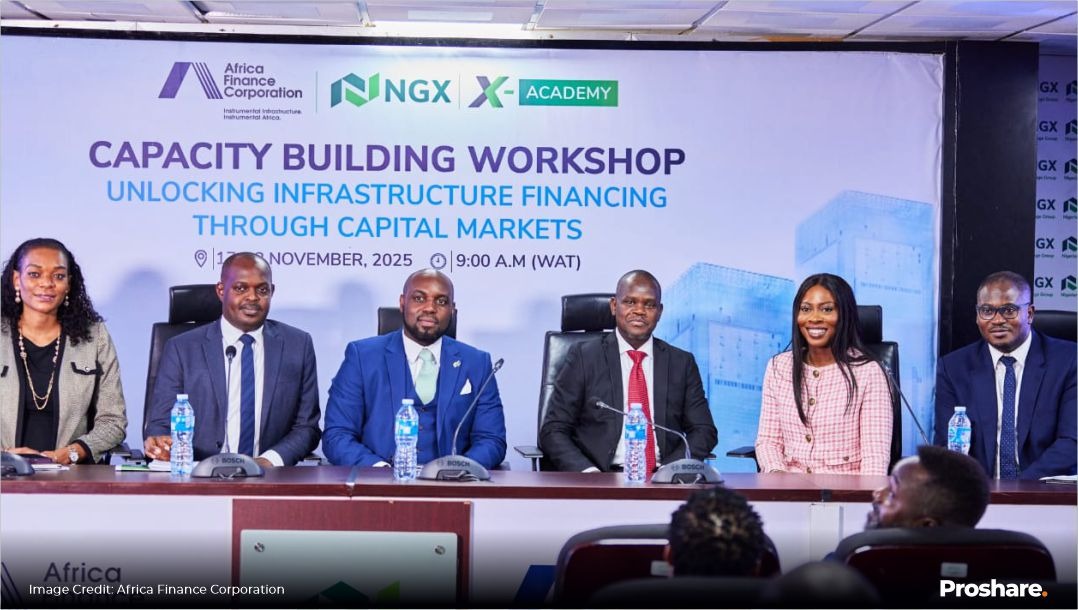 Amaka Obiefuna
Amaka Obiefuna
Africa Finance Corporation (AFC), the continent’s leading infrastructure solutions provider, and Nigerian Exchange Limited (NGX), the sustainable exchange championing the development of Africa’s largest economy have concluded a two-day capacity-building programme designed to strengthen the technical capabilities required to structure and finance infrastructure projects through Nigeria’s capital markets. The two-day workshop, held on 17–18 November 2025 in Lagos, convened professionals from regulatory agencies, institutional investors, project sponsors, and financial institutions to strengthen capacity in project and infrastructure finance, and to explore how Nigeria’s capital markets can serve as a critical platform for financing sustainable infrastructure.
Nigeria’s infrastructure deficit, long recognized as a constraint on productivity and competitiveness, is estimated to reach US$2.3 trillion by 2043, with some projections rising toward US$3 trillion over the coming decades. The workshop was convened to address the urgent need for innovative financing mechanisms capable of mobilizing long-term domestic capital into bankable infrastructure opportunities.
Banji Fehintola, Executive Board Member and Head of Financial Services at AFC said,” Closing the continent’s funding gap requires building local expertise and robust market structures that can support complex, long-term projects. At AFC, we are committed to advancing not just project financing, but the full framework required to deliver bankable, sustainable infrastructure solutions. Our partnership with NGX reflects our belief that Nigeria’s capital markets can and must play a pivotal role in mobilising the scale of domestic resources required to drive the country’s long-term development.”
Over the two-day programme participants explored frameworks for project structuring, risk allocation and credit enhancement- tools essential for bringing infrastructure assets to market. The sessions also examined emerging capital market instruments including green bonds, infrastructure REITs, blended finance structures and partial risk guarantees, highlighting practical pathways to mobilize long-term domestic and international capital for infrastructure.
Jude Chiemeka, Chief Executive Officer of NGX, highlighted the importance of deepening expertise across the market: “As capital markets assume a more central role in financing Africa’s development, building technical depth across the entire ecosystem becomes essential. Through NGX X-Academy, our dedicated capacity-building platform, we are equipping market participants with the specialized knowledge required to originate, structure and manage infrastructure assets that meet both local needs and global investment standards. This collaboration with AFC is a critical step in ensuring that Nigeria and the wider region develop the institutional capabilities to attract and deploy patient capital at scale.”
The workshop marks a milestone in the growing collaboration between AFC and NGX, reinforcing their shared commitment to unlocking sustainable, market-led infrastructure financing. Both institutions plan to build on this momentum through follow up initiatives aimed at deepening engagement and translating insights from the programme into tangible financing solutions for critical infrastructure projects.
About Africa Finance Corporation (AFC)
AFC was established in 2007 to be the catalyst for pragmatic infrastructure and industrial investments across Africa. AFC’s approach combines specialist industry expertise with a focus on financial and technical advisory, project structuring, project development, and risk capital to address Africa’s infrastructure development needs and drive sustainable economic growth.
Eighteen years on, AFC has developed a track record as the partner of choice in Africa for investing and delivering on instrumental, high-quality infrastructure assets that provide essential services in the core infrastructure sectors of power, natural resources, heavy industry, transport, and telecommunications. AFC has 47 member countries and has invested over US$17 billion in 36 African countries since its inception.
About Nigerian Exchange Limited (NGX)
Nigerian Exchange Limited (NGX), a wholly owned subsidiary of the Nigerian Exchange Group (NGX Group), is a leading listing and trading venue in Africa with its history dating back to 1960. It is an open, professional, and vibrant exchange, connecting Nigeria, Africa, and the world.
NGX is a multi-asset exchange providing a home to the best of African enterprises listed on our Premium, Main, and Growth Boards; diverse fixed income securities; Exchange Traded Products (ETPs); Mutual and other investment funds. Through our vibrant secondary market, we provide domestic and international investors access to these securities. In addition, NGX provides licensing services, market data solutions, ancillary technology services, and more in our quest to be Africa’s preferred exchange hub.
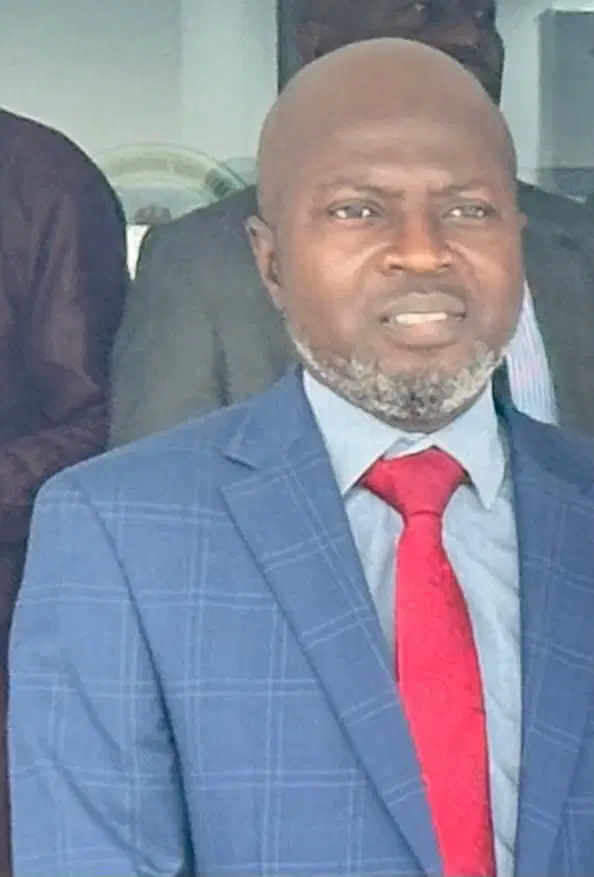 By Winifred Bosa
By Winifred BosaThe Federal Government of Nigeria has approved the appointment of Dr. Wakeel Lawal as the substantive Medical Director of the National Orthopaedic Hospital, Igbobi, Lagos (NOHIL), effective Monday, November 10, 2025.
Dr. Lawal, a distinguished orthopaedic surgeon, is a graduate of Obafemi Awolowo University, Ile-Ife, where he earned his Bachelor of Medicine and Bachelor of Surgery (MBChB). He also holds two Master’s degrees — a Master’s in Orthopaedics from the University of Chester, United Kingdom, and a Master’s in Healthcare Management from the University of Zambia.
In addition to his academic qualifications, he has obtained specialized certifications in Arthroplasty from the University of Assiut, Egypt, and the Ganga Medical Centre and Hospitals, India, among other professional trainings.
Dr. Lawal has contributed significantly to NOHIL’s development, serving on various key committees within the hospital. Until his latest appointment, he was the Acting Medical Director, a role in which he provided leadership and continuity for the institution.
The announcement was signed by Ayo Adenike, Assistant Director, Information & Public Relations, on behalf of the hospital’s management.
 By Winifred Bosa
By Winifred Bosa